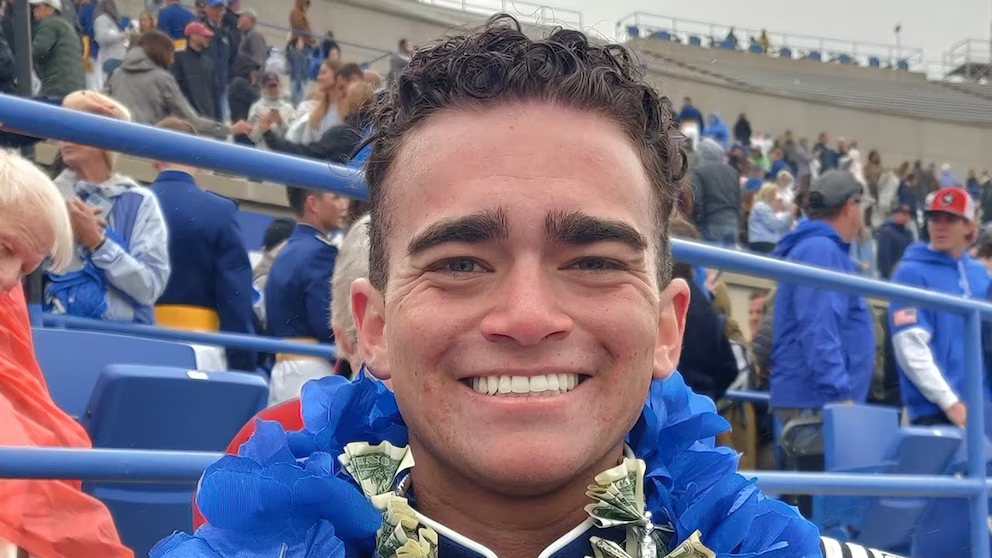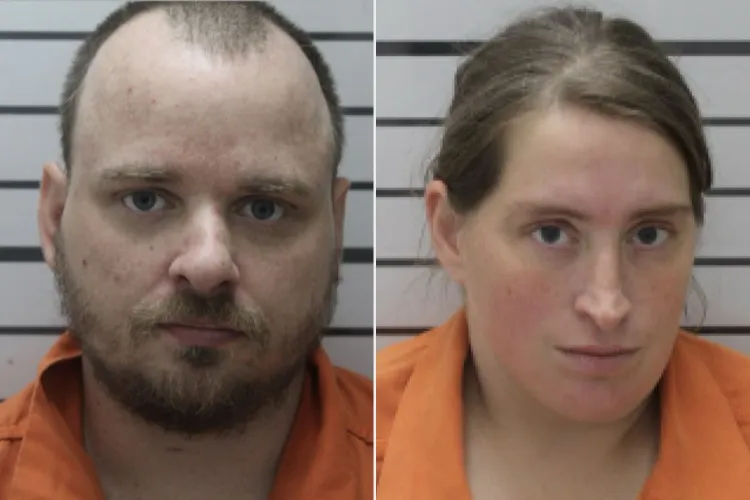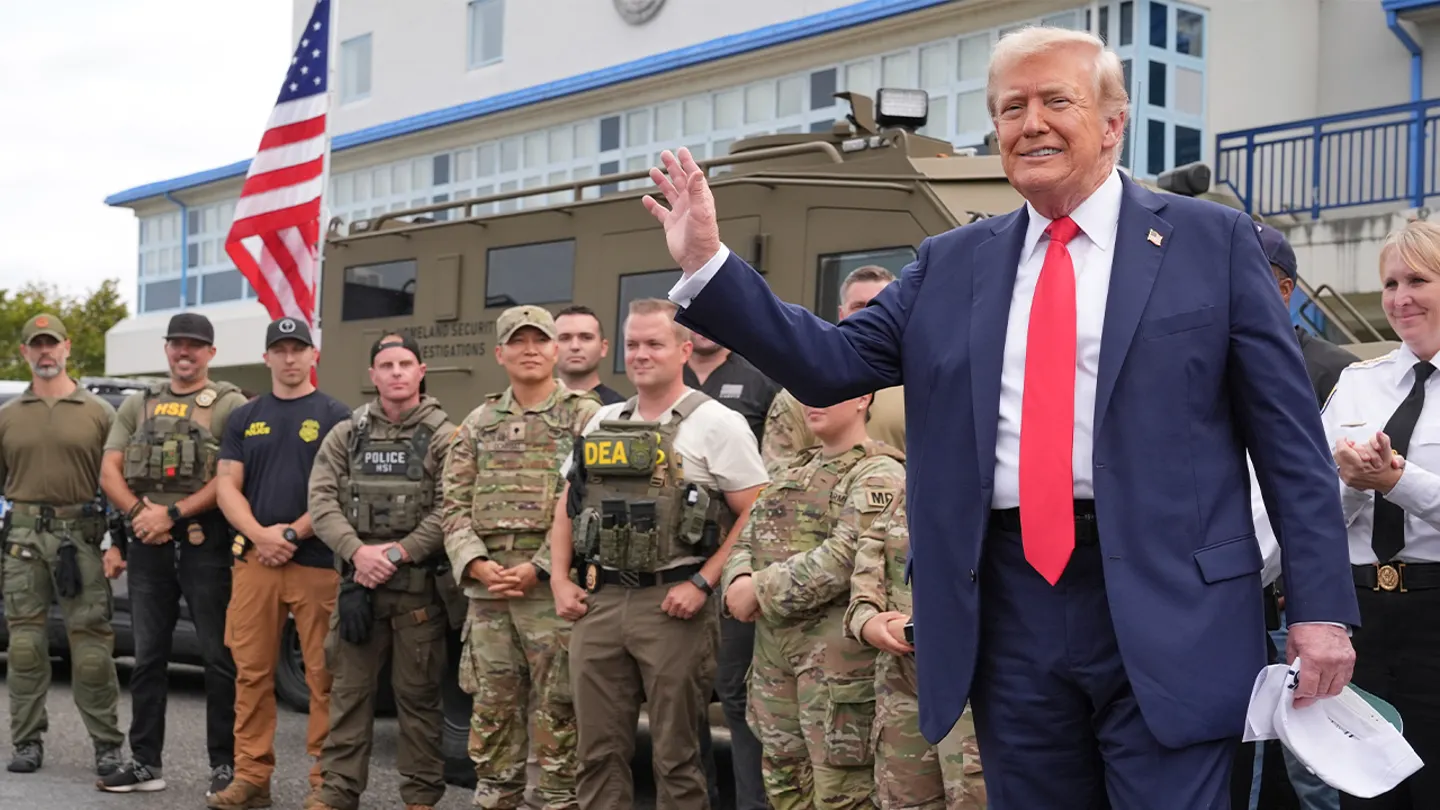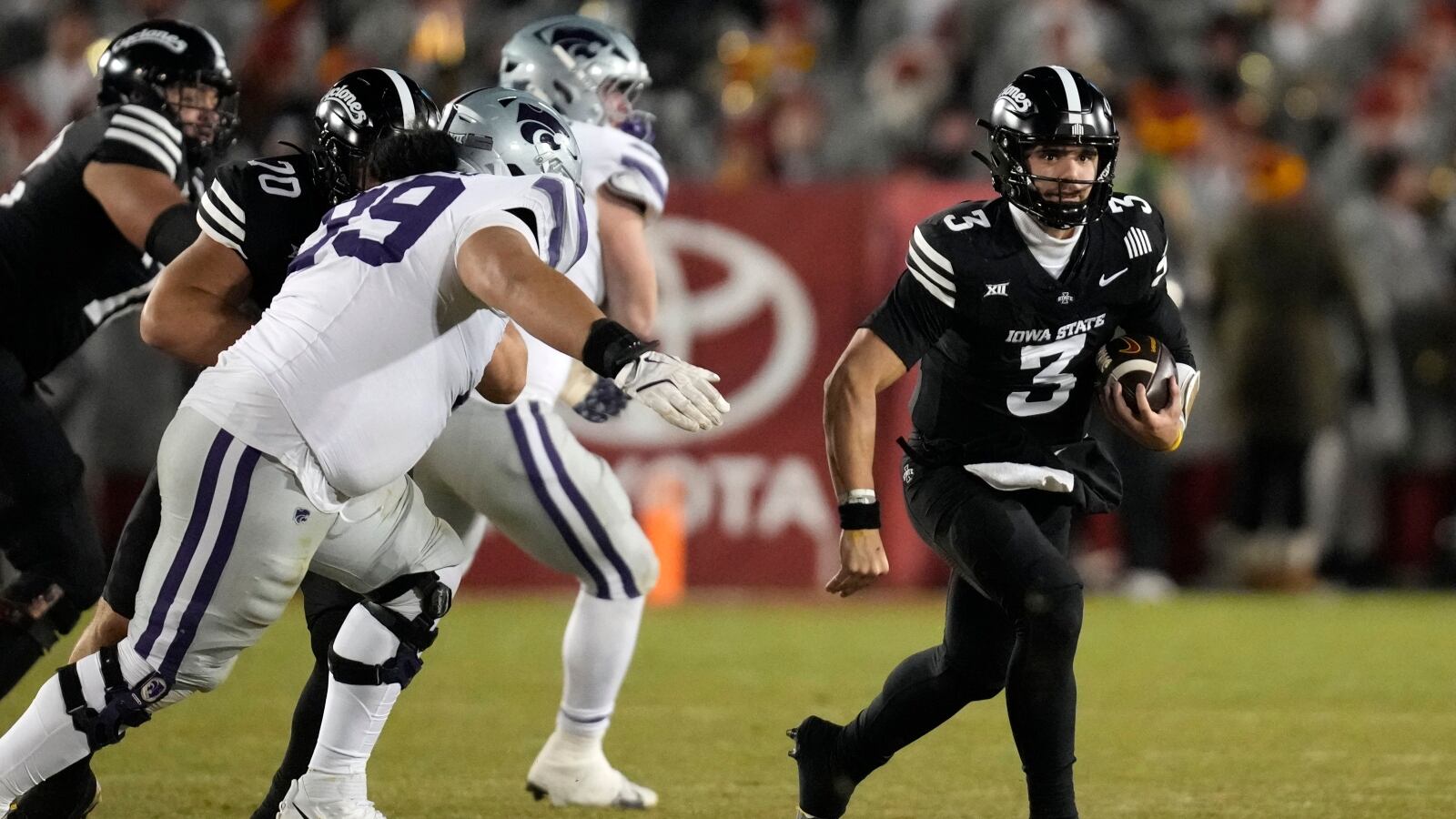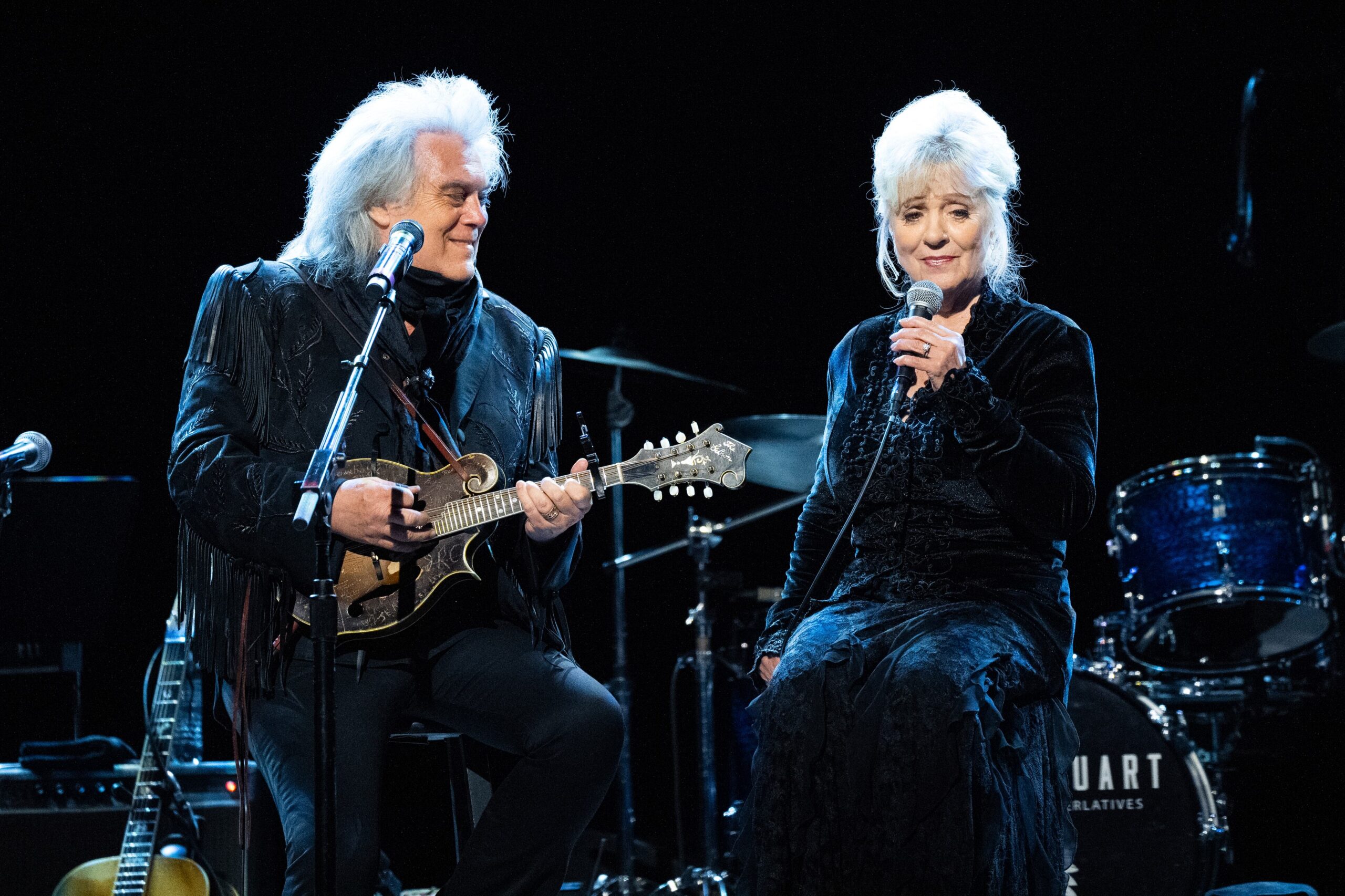For Hunter Marquez, joining the U.S. Air Force had been a lifelong dream. Since middle school, they had envisioned a future in military service — a path shaped by a deep sense of patriotism and a family tradition of loving their country.
After graduating high school, Marquez enrolled in the U.S. Air Force Academy in Colorado, where they spent four years earning dual degrees in aeronautical engineering and applied mathematics. Their plan was clear: to graduate and be
commissioned
as a second lieutenant.
But that plan was upended in May 2025 — just weeks before graduation — when the U.S. Supreme Court upheld an executive order by former President Donald Trump reinstating a ban on transgender service members. Despite completing all requirements, Marquez was denied a commission because of their gender identity.
“Everyone got to throw their hats in the air and put on their second lieutenant shoulder boards,” Marquez recalled of the graduation ceremony. “But I had to keep my cadet ones on. It was incredibly disheartening. All my friends had guaranteed jobs. And I had no idea what came next.”
The 22-year-old had come out as transgender during their freshman year and successfully transitioned while meeting the
Academy’s physical
and academic standards for male cadets — including passing the more rigorous male fitness exam.
“I was nervous,” Marquez said, recalling their test day. “But I got a better score than I expected. When I told my commander, he celebrated with me.”
That sense of progress and support was soon overshadowed. In January, Trump signed an executive order instructing the Department of Defense to reverse its 2021 policy allowing transgender individuals to serve openly. The order stated that expressing a gender identity inconsistent with one’s assigned sex was incompatible with military standards and that receiving gender-affirming medical care was grounds for disqualification.
By February, newly appointed Defense Secretary Pete Hegseth issued a memo outlining plans to begin discharging transgender troops — a move that drew immediate legal challenges. Three federal lawsuits were filed, one of which —
Talbott v. Trump
— included Marquez as a plaintiff.
“I broke down crying,” Marquez said of the moment they read the memo. “I couldn’t believe I had made it all this way just to be shut out.”
According to the Pentagon, over 4,200 service members have been diagnosed with gender dysphoria — the military’s clinical classification for tracking transgender troops. But LGBTQ+ advocacy groups estimate the true number is closer to 15,000 across active-duty, guard, and reserve units.
Dr. Nathaniel Frank, a cultural historian at Cornell University and expert on LGBTQ+ service in the military, says there’s no evidence to support the claim that transgender troops negatively affect readiness or cohesion. In fact, he argues, it’s the bans themselves that undermine trust and morale.
“The military has rigorous screening at every level,” Frank said. “And transgender individuals are no exception. They are held to the same mental and physical standards.”
Still reeling from the setback, Marquez set out on a backpacking trip through Europe following graduation. Speaking to ABC News during a stop in London, they reflected on the emotional and personal cost of the ban — and the soul-searching that followed.
“It’s been challenging, but I wouldn’t change my decision to live authentically,” Marquez said. “The officers and faculty at the Academy changed my life for the better. That experience is still mine.”
Now, as legal
battles
continue and their future remains uncertain, Marquez holds onto hope.
“If a decision came down today that I could serve,” they said, “I’d drop everything and go. The dream has always been — and still is — to be in the military.”
